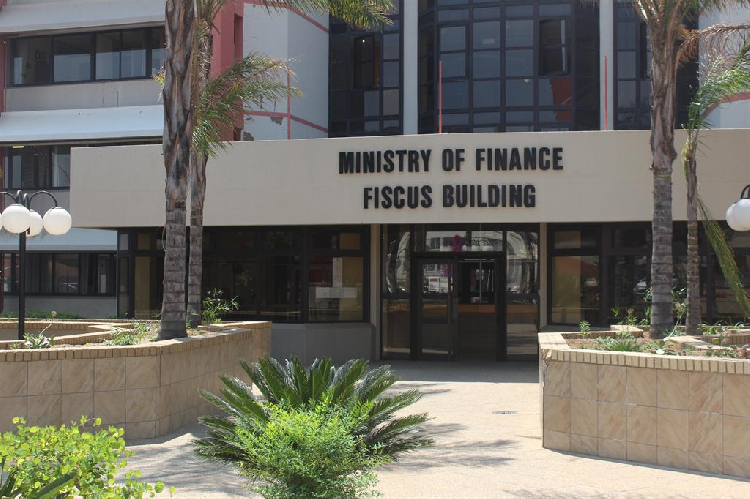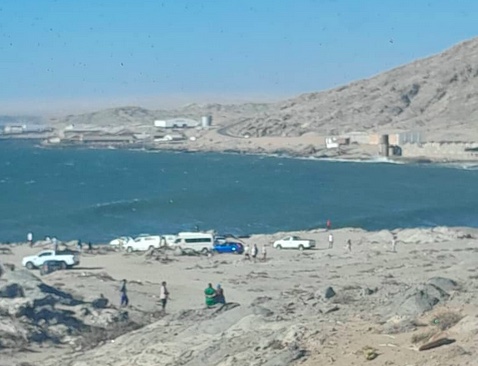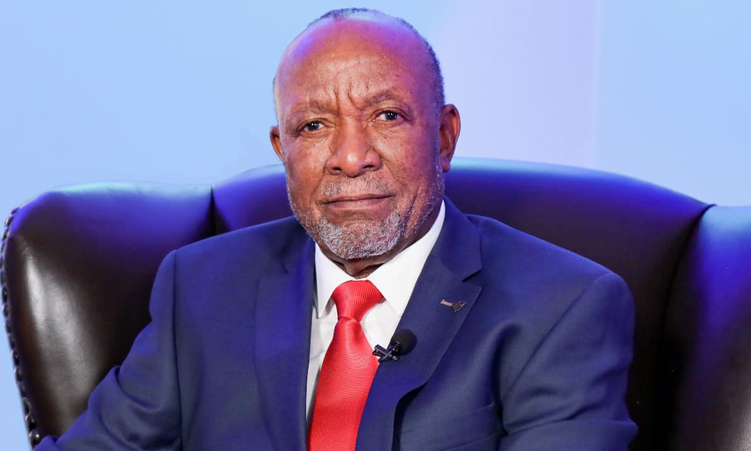TONATENI SHIDHUDHUTHE recently launched Namibia Revenue Agency (Namra) will be responsible for administering tax, customs and excise laws and services.
This means all tax and customs, and excise-related matters will henceforth fall under the ambit of the new tax administration body.
This, in fact, represents a tried-and-tested method in many countries around the world.
By and large, the work of the Ministry of Finance is only known through the Inland Revenue Department and the Customs Directorate because of tax collection, trade facilitation and border management control, all of which have a direct bearing on the public.
So, apart from conducting the national budget, the ministry’s other critical activities and services are less known.
Questions have been raised as to the work of the public relations (PR) office without tax and customs duties activities.
Indeed, the PR office has often interacted with the media because of tax and customs-related issues, but this is because these two departments are the biggest stakeholders in the ministry, again with direct bearing on the citizens.
Although these two units have been abolished, the finance ministry as the national treasury remains one of the biggest ministries in the country, arguably small on the ground, but big in operations.
The ministry currently runs six departments, namely: administration, which the Public Service Medical Aid Scheme (Psemas) is part of, state accounts, which is responsible for all treasury operations, economic policy advisory services, public-private partnerships, the procurement policy unit and the government internal audit department.
All these departments play a big role in the development of our country and makes the ministry the pulse of the nation.
It is also important to note that as Namra takes over revenue administration functions, policy issues such as legislative amendments and bills, negotiations of treaties and international agreements relating to tax and customs and excise continue to resort under the Ministry of Finance.
The ministry is currently restructuring to introduce a new functional unit for Revenue Policy Advisory Service (RPAS).
Therefore, enquiries about customs and excise, and inland revenue policies can be directed to the Office of the Executive Director in the ministry.
However, administrative issues such as tax registration, tax refunds and customs duties, and other trade-related matters should be directed to the Office of the Commissioner of Namra.
In other words, the ministry is a policymaker and Namra is an administrator and revenue collector.
Namra is still in a nascent stage and is still operating from the premises of the ministry.
Efforts are being made to transform the entity into a semi-autonomous institution with its own offices and concomitant assets.
The media and the public are kindly requested to take note of the difference between the functions of the ministry as a policymaker and Namra as policy administrator or revenue collector.
This institutional reform should be wholeheartedly embraced by all of us.
In the Southern African Development Community (SADC) region, only two countries have not introduced revenue authorities so far.
Stay informed with The Namibian – your source for credible journalism. Get in-depth reporting and opinions for
only N$85 a month. Invest in journalism, invest in democracy –
Subscribe Now!







